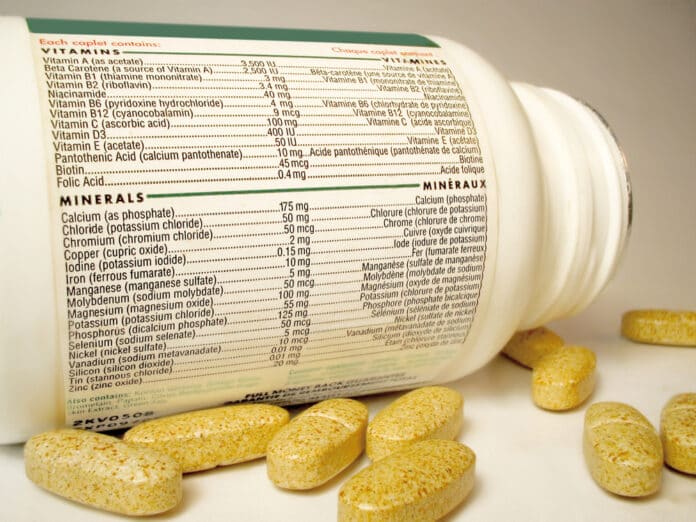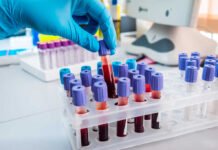
Product mislabeling is an issue that poses multiple complications for consumers. This article examines the seriousness of the issue and the reliability of product labels.
How Common Is Mislabeling?
Last year, U.S. health officials reported a 500% increase in poison center calls about children eating melatonin gummies. Harvard researchers examined these sleep supplements and discovered they contain up to 347% more melatonin than stated on the label.
In another involving 25 brands of melatonin gummies, scientists said 22 were wrongly labeled. They also said one product did not contain melatonin at all.
No Guarantees
Melatonin is a natural hormone produced by your brain in response to darkness. It also promotes sleep and sets your body’s internal clock. Melatonin gummies are made with a synthetic version of the hormone.
Dr. Pieter Cohen, an associate professor at Harvard Medical School in Boston, said these dietary supplements are not regulated by the same rules as other medications. He also said this means there are no guarantees that ingredients match what is on the labels.
Caution Advised
Dr. Kevin Osterhoudt, a medical director of the Poison Control Center at Children’s Hospital of Philadelphia, said poison centers assume the quality control might not be good. Following the national trend, Osterhoudt’s center recorded increased calls relating to melatonin gummy ingestions in the past several years.
In most cases, young children had gotten access to what they thought was candy. However, Osterhoudt said there were 195 cases where teenagers unintentionally overdosed. He also said parents should keep all supplements and medications out of sight and reach of curious children.
Do Children Need Melatonin?
Dr. Muhammad Addel Rishi, vice chair of the American Academy of Sleep Medicine’s Public Safety Committee, said there is little evidence to support the use of melatonin in healthy kids. He also said that behavioral changes are necessary in most cases. This includes reducing screen time at night and having a consistent bedtime routine.
Rishi said you should only give your children melatonin under the guidance of your healthcare provider. In addition, he said that doctors do not know the contents of melatonin gummies at your local health food store.
However, both Cohen and Rishi said some melatonin products have a “USP verified” mark. They also said this does not mean the products are completely safe, but it offers certainty of their contents.
Conclusion
Melatonin products can harm your children if they ingest the wrong doses. You should always consult your doctor before administering any medications.


















